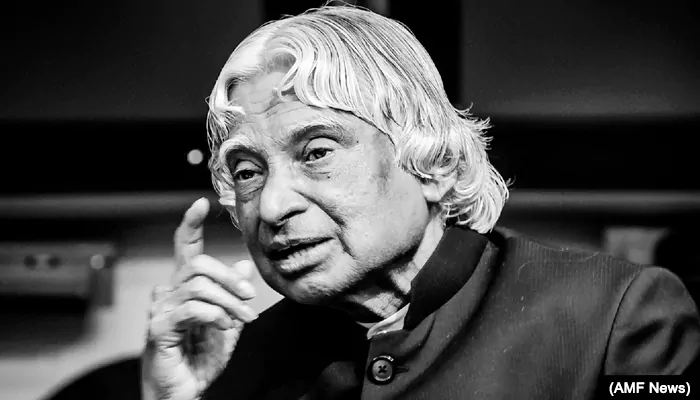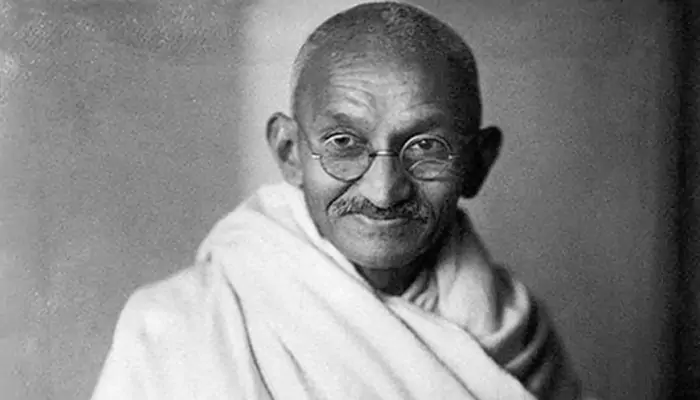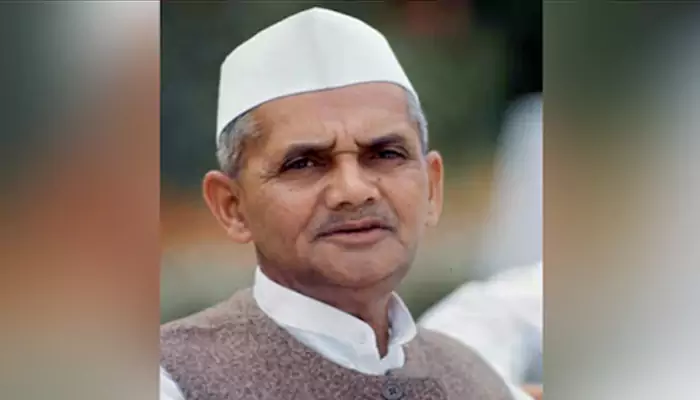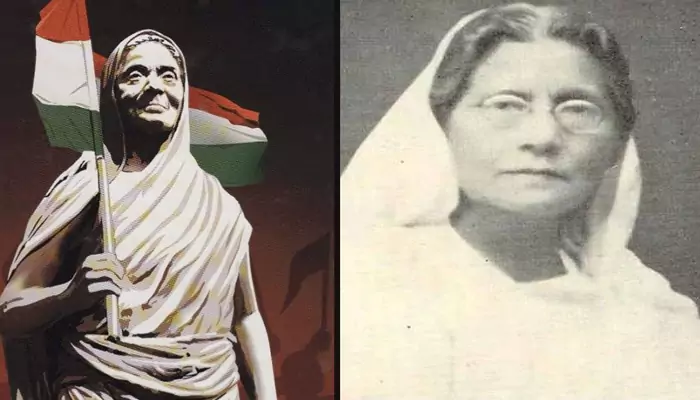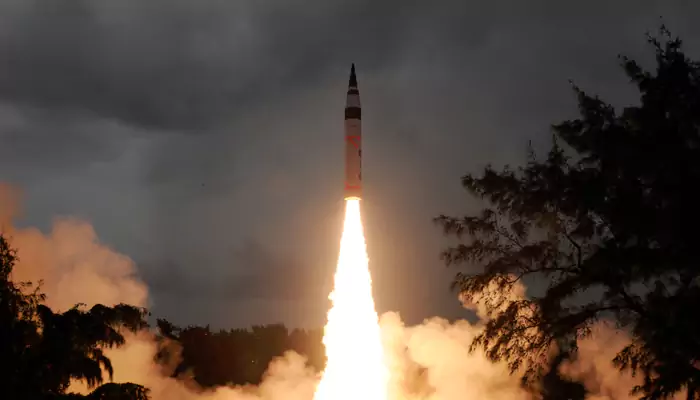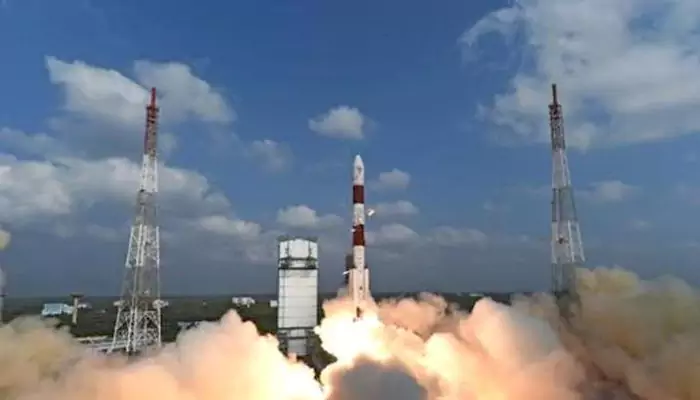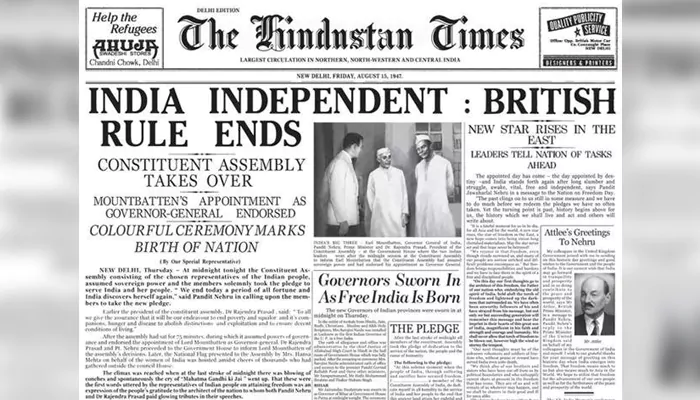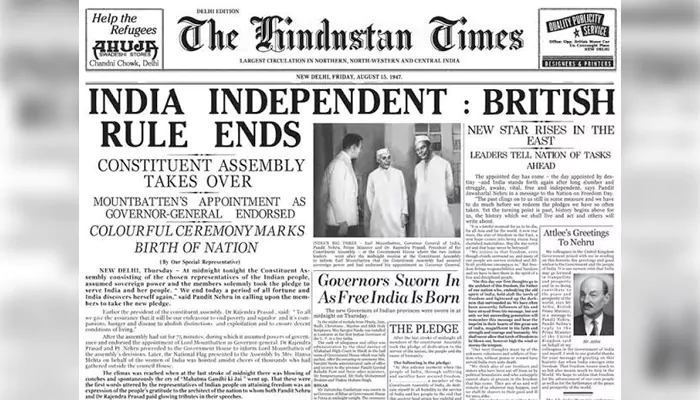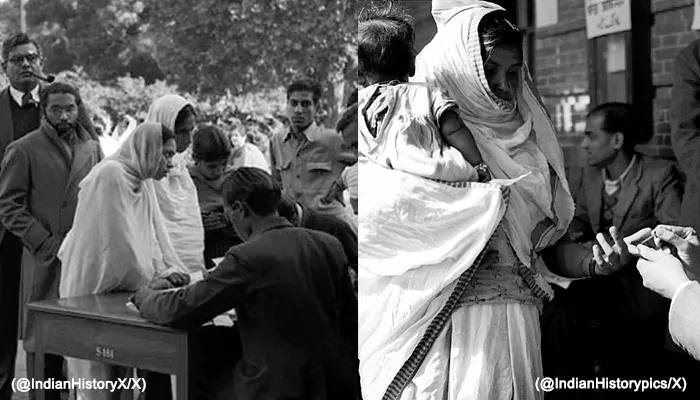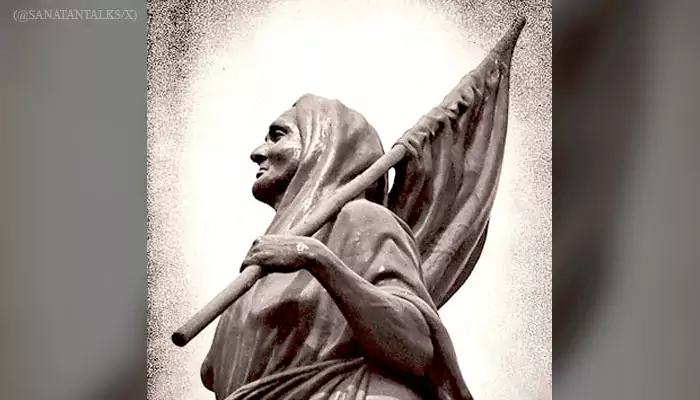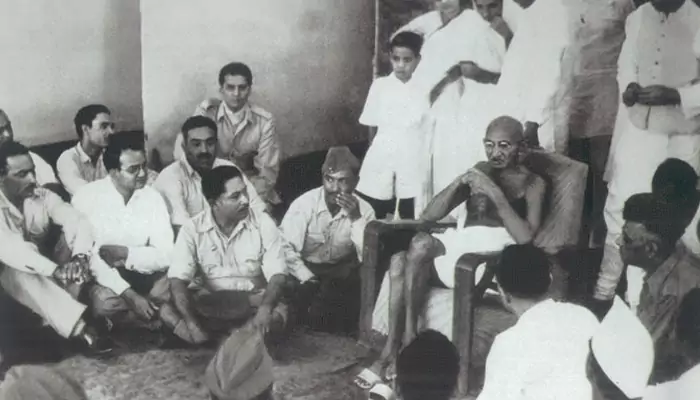Jawaharlal Nehru's Birth Anniversary: How & Why He Became Known As The "Architect Of Modern India"
- Sayan Paul
- 1 year ago
- 5 minutes read

As independent India's first Prime Minister, Nehru contributed enormously to the country's social, political, and economic landscapes.
After gaining independence from British colonial rule, India was in a state of turmoil for several years. There were challenges literally everywhere in the system, with no proper direction to go. And during such times, our country needed a visionary leader who could stay ahead of all the chaos and lay the foundation of development. Well, we found that leader in Jawaharlal Nehru - a statesman who had played a major role in India's freedom movement and later served as independent India's first Prime Minister for 16 years.

What made Nehru a great leader was that instead of focusing on short-term results, he dedicated himself to shaping the country's future. And for that, he never shied away from going against popular opinions and taking the road less traveled. As far as modern India is concerned, it wouldn't have been the same without his contributions.
1955 :: Crowd Welcoming PM Jawaharlal Nehru and Indira Gandhi In Magnitogorsk (U.S.S.R) pic.twitter.com/AQZrNVfryj
— indianhistorypics (@IndiaHistorypic) October 23, 2024
Credit: Indianhistorypics
It's Jawaharlal Nehru's 135th birth anniversary today. On this occasion, let's discuss how and why he became known as the "architect of modern India".
An Advocate for Fundamental Rights
Nehru had envisioned an India where every individual - regardless of caste, class, or religion - would have equal rights. And throughout his life, he worked tirelessly to achieve that goal. He was deeply committed to establishing a secular society, devoid of religious dogma, supernaturalism, and superstition. Also, being a strong advocate for democracy, he ensured that every citizen above the age of 21 (now 18) has the right to vote. On the other hand, he fought against the ideas of untouchability, religious intolerance, and more at the administration level.
" We have laid down in our Constitution that India is a secular State. That does not mean irreligion. It means equal respect for all faiths and equal opportunities for those who profess any faith. __ Jawaharlal Nehru.
— Nehruvian (@_nehruvian) June 24, 2024
(July 10, 1961) pic.twitter.com/88CHSZaHK3
Credit: Nehruvian
The Government Policies
India's first Prime Minister understood the importance of strategic policies for the country to achieve long-term growth. That's why he launched various social, economic, and foreign policies that benefitted.

Jawaharlal Nehru addressing a meeting of a committee of the Constituent Assembly in New Delhi, 1949
Nehru advocated for a mixed economy where the state-controlled public sector and the private sector would co-exist. He implemented policies based on import substitution industrialization and directed investment into key public sector industries (such as steel, iron, coal, and power). For a balanced utilization of resources, he introduced the idea of a Five-Year Plan in 1951. Under his guidance, steel mill complexes were built at Bokaro and Rourkela, which grew 7.0% annually between 1950 and 1965.
By abolishing giant landholdings, he introduced successful land reform policies to redistribute land among people. Some of his policies failed to achieve their goals, however, what's worth noting is that India's agricultural production expanded until the early 1960s.

On the other hand, he focused on shaping India's foreign policy (notably, he held additional charge of the Ministry of External Affairs). As a pioneer of the non-alignment policy, he co-founded the Non-Aligned Movement of Nations, professing neutrality among the rival blocs of nations led by the US and the USSR. Also, he organized the Bandung Conference in 1955 which brought 29 newly independent nations together from Asia and Africa. Also, he attempted to develop relations with countries like China, the United States, and the United Kingdom among others.
Education, Science, & Technology
Education is essential for any country's progress - and Nehru believed this with all his heart. First of all, he guaranteed free and compulsory primary education to all of India's children. Whether it's through the construction of thousands of schools, the creation of mass village enrolment programs, or providing free meals to children at schools - he launched numerous initiatives for that.

He recognized the need for institutions that would benefit the country's youth. Hence, he helped establish Indian Institutes of Technology (IITs), Indian Institutes of Management (IIMs), and others. Also, recognizing the need for India's own space exploration program, he established ISRO (Indian Space Research Organization) although many in the parliament had opposed his idea. And all these helped the country emerge as a global leader.
Rare clip | India's first PM Jawaharlal Nehru speaks on the importance of Scientific Institutions at the foundation laying ceremony of a New building of Tata Institute of Fundamental Research (TIFR) at Bombay (Now Mumbai) in 1956. pic.twitter.com/e8Abo41cww
— MUMBAI NEWS (@Mumbaikhabar9) August 26, 2023
Credit: MUMBAI NEWS
Well, there can be debates about several of Nehru's decisions (as some unexpectedly backfired). But you cannot argue about the fact that he was immensely dedicated to India's growth. And that's why his legacy continues to shine even today.

